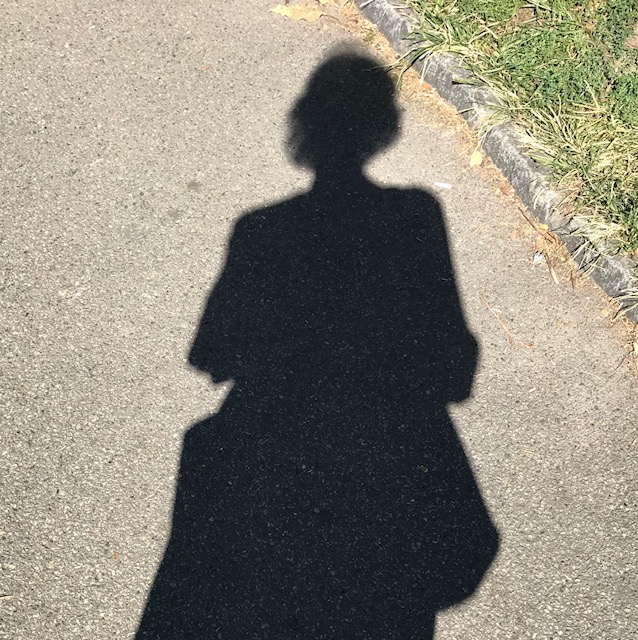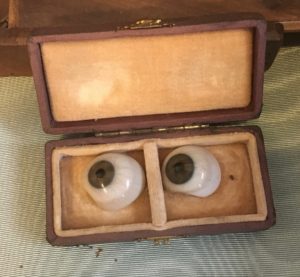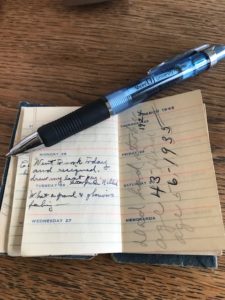I’m sitting in Central Park on a late weekday morning a few days after returning from eleven days in Scotland. The day is clear and sunny, unlike Scotland where I’d gotten used to the transcendence of mist, drizzle, and rain. The brightness seems surreal and a bit obscene. I watch people amble along, speaking foreign languages riding bikes, wheeling bored children, struggling to jog up the hill in front of me, walking indentured dogs. Men in bucket trucks manicure trees. Horses pull carriages grudgingly, drivers relating historical half-truths to passengers. Rickshaw drivers do the same. A woman in a wheelchair is rolled past me. She looks down at the paving below her as if she might perceive a lifting of her vehicle, a rise into the air and flight. Nannies gossip while their babies in strollers give me The Eye, a look that says, “You know how this goes.” Or, Don’t tell them we know what they’re up to.” They blink, then turn away and resume their blank stares and dribbling.
I’m sitting on a bench not far from the John Lennon memorial, or as my kids once called him, “Sean’s dad.” This is because, although they didn’t know Sean well, he lived nearby and was their age. They were very young and identified with the sorrow of a boy losing his father more than the impact of such a loss on the world.
Sean’s dad’s memorial is a manhole sized mosaic asking us to “Imagine.” I try to exercise this directive in a positive way but often it slips into a dark crack that extends deep below sanity. This day, however, I languish in the peacefulness of a warm fall morning and the lingering spell of a magical country (Scotland).
I lived on the west side of the park for twenty years, my kids were raised here. As I walked through the park today from the opposite side, there was a strange smell, antiseptic, unnatural, as if the cleaning lady had just buzzed through. It wasn’t the smell of flower, tree, or grass, nor was it the clear aroma of mist or rain that I’d gotten used to in Scotland; it was something artificial. What could it be? A sign of change, of wiping the past clean—the past weeks? Years?
Here, from a bench at the park’s seventy-second street entrance, I study knots of visitors, taking photos listening to guides. I wonder what photo I would take if I was a tourist here? Since I’m a long time resident and on my way from one appointment to another, I take a photo of my shadow (because it doesn’t show my age and my hair looks better in silhouette). I’m sorry visitors, but this is my city, my park—well, technically it’s not MY park. My current neighborhood park is Marcus Garvey, less travelers (except Sunday when they come for the churches), darker complications, and an overload of derelict squirrels.
Back on the West Side, they’ve changed the courtyard of the building we used to live in. They allow people to take pictures in front—which they didn’t for a long time. Some people believe the building is haunted. Many times we drive by at night and (most) of the windows are dark and ominous. Does Sean’s dad haunt these neighborhood streets? This section of the park?
When I look up at my old window today, will the memory of that life have been purged? Purified? Or will I see my ghostly self? How will that phantom image effect the appearance of my hair?


